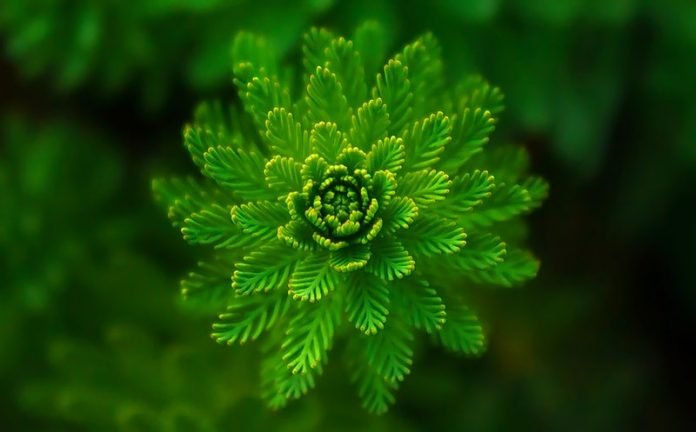
In a new study, researchers found that six plants native to Southeast Asia are effective in stopping the growth of seven types of cancer.
The cancers include breast, cervical, colon, leukemia, liver, ovarian and uterine cancers.
The plants include Bandicoot Berry (Leea indica), South African leaf (Vernonia amygdalina) and Simpleleaf Chastetree (Vitex trifolia) and three other medicinal plants.
The research was conducted by a team from the National University of Singapore (NUS)
In Southeast Asian countries such as Singapore and Malaysia, there is a tradition of using local medicinal plants for health promotion and the treatment of diseases.
Although medicinal plants have been used for the treatment of diseases since ancient times, their anti-cancer properties have not been well studied.
In the study, the researchers examined tropical plants that were reported to be used for cancer, and they selected seven promising plant species for further investigation.
The seven plants included Bandicoot Berry (Leea indica), Sabah Snake Grass (Clinacanthus nutans), Fool’s Curry Leaf (Clausena lansium), Seven Star Needle (Pereskia bleo), Black Face General (Strobilanthes crispus), South African Leaf (Vernonia amygdalina), and Simpleleaf Chastetree (Vitex trifolia).
The experiments included preparing extracts of fresh, healthy and mature leaves of the seven plants, and testing the extracts with the cell lines of the seven types of cancers.
The researchers found that among the seven plants, the extracts of the leaves of the Bandicoot Berry, South African Leaf and Simpleleaf Chastetree were generally found to be promising against the seven types of cancers.
In addition, the leaf extracts of the Seven Star Needle had performed well against cervical, colon, liver, ovarian and uterine cancer cells.
The leaf extracts of two other plants – Fool’s Curry Leaf and Black Face General – had demonstrated efficacy against some cancer cell lines, too.
The findings provide new evidence for the use of traditional herbs for cancer treatment. They may pave the way for the development of new therapies.
They also highlight the importance of conserving these indigenous plants as resources for drug discovery and understanding these natural resources.
But the research team also suggest that people should not self-medicate without consulting doctors.
More research is required to identify the active components responsible for the anti-cancer effects.
The leader of the study is Associate Professor Koh Hwee Ling from the Department of Pharmacy at the NUS Faculty of Science.
The study is published in the Journal of Ethnopharmacology.
Copyright © 2019 Knowridge Science Report. All rights reserved.



